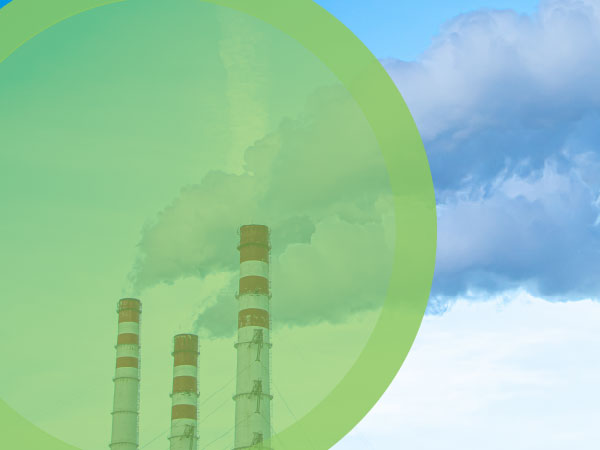Greenwashing is the act of misleading external stakeholders by providing false information about the company’s environmental impact.
Commodity traders operate in complex supply chains, with many counterparties expecting products to meet their ESG sourcing policies, from maintaining human rights to environmental policies. Organisations are therefore increasingly investing in improving visibility of these supply chains to improve their own ESG impact and to ensure they are meeting the standards their clients expect. And the other motivation is that a failure to do so could amount to greenwashing.
The risks of greenwashing in commodities
The main greenwashing risk right now is legal and several companies are currently facing class action lawsuits due to making a wide range of claims in advertising and on packaging around their sustainability, sourcing and environmental stewardship actions.
Whilst many of these suits are brought by end consumers and activist groups, commodity traders also need to be aware of the legal risk of not fulfilling contractual obligations around sustainability. For example, if your organisation has committed to a counterparty’s responsible sourcing policy, there is a legal risk of breaching the contract if you cannot verify that stock sold to that counterparty does meet their criteria.
With environmental stewardship and sustainability high on many corporate agendas, the reputational risk of an accusation of greenwashing can be very high, even without evidence of wrongdoing. And clients are not the only supply chain partners whose relationships could be damaged by accusations of greenwashing. Trade finance providers are under increasing pressure from their own stakeholders to improve their ESG metrics and are increasingly requiring organisations to meet their ESG criteria too.
Traceability to manage greenwashing
Improving traceability obviously cannot protect against all greenwashing risks, as these often stem from inappropriate product messaging. But it can ensure that your people have the information to make claims about a product’s green credentials that they can verify, and to demonstrate the provenance of any shipments subject to counterparty queries. It is therefore an essential tool in protecting against greenwashing – on top of the other ESG risks that traceability is usually associated with.
Traceability is the ability to access information about a product through its lifecycle, which in commodities can involve many different processes and supply chain partners. Supply chains are long and complex, and organisations’ own operations can introduce more complexity; they may involve processing or refining materials, warehousing, or splitting/blending purchased lots for sale.
This means that if a sustainability certificate is attached to an incoming shipment, the organisation needs to be able to associate it at the lot level and track this certification across its operations until it is transported to the client.
And it is not only certificates that need to be managed in granular detail; clients are increasingly attempting to manage their supply chain carbon emissions so may soon specify transportation methods and carbon dioxide emissions. This alongside other ethical sourcing data such as evidencing steps taken to ensure there are no human rights abuses in the production of their goods.
Traceability not only encompasses this knowledge; you also need to be able to verify any information you hold is correct. This is why incorporating traceability into commodity management software is so important. When your data is managed as part of a digital process in a good CTRM or commodity management system, it creates an audit trail of every action taken for a shipment. And the best systems, such as Gen10’s CommOS, automatically create this digital audit down to the most granular units so that traceability is maintained however you process stock.
Managing traceability data within CommOS is fast and simple, with none of the risk that comes from manually retyping or copying information. And it provides a complete record of all a stock’s sustainability data as well as automatically creating traceability across your operations from purchase, through operations and to the client, so that its provenance can be verified at any point.
This traceability provides all the information your people need to match products to clients’ requirements and avoid questions of greenwashing, keeping your organisation safe and helping you to provide the best experience for your clients.



